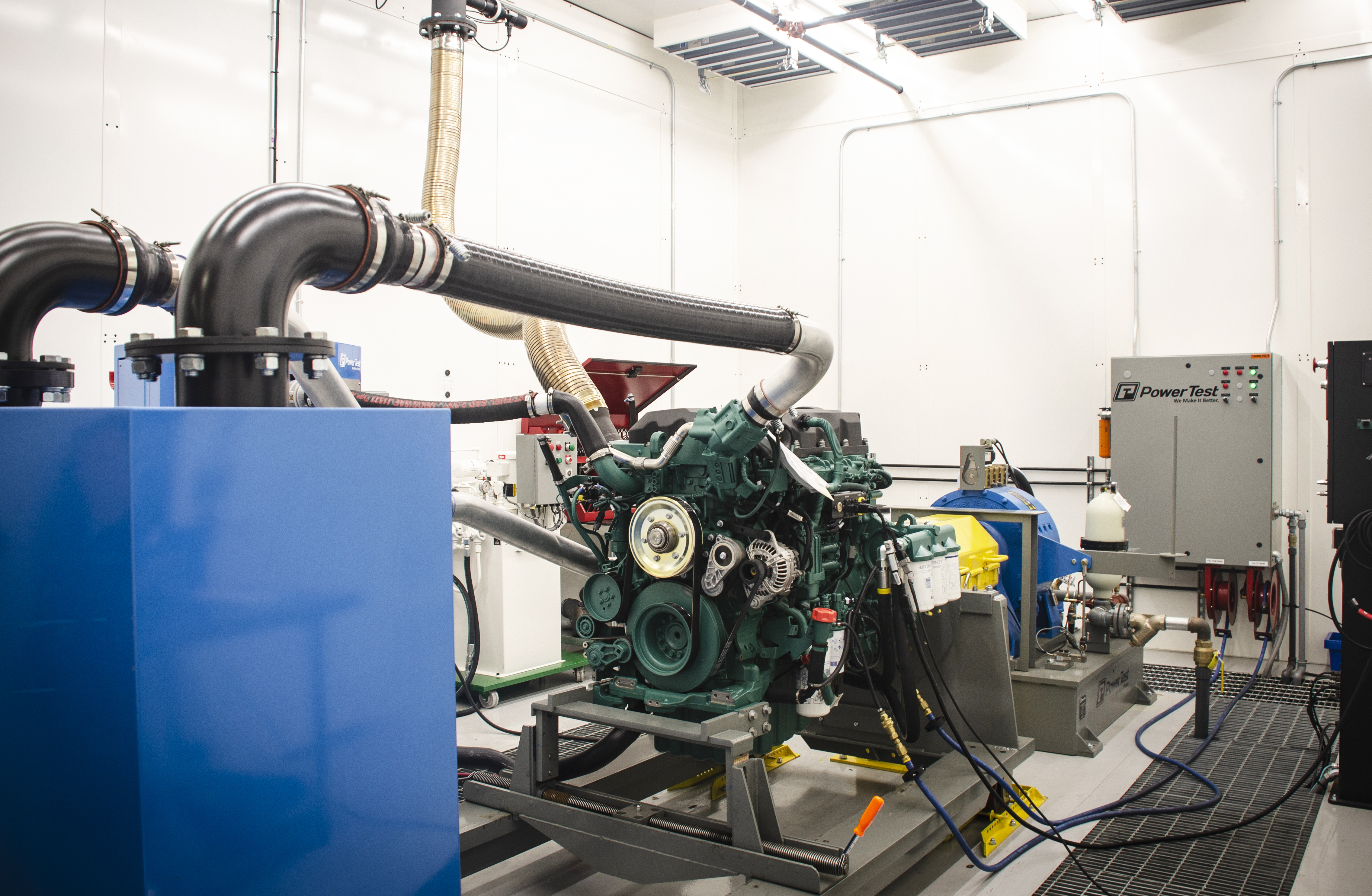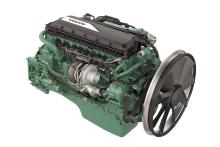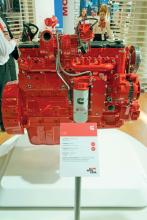
The company says that new production line in Lexington, Tennessee, will improve the customisation of orders and reduce delivery lead times for the company’s growing customer base in the North American market.
Since introduction of its Tier 4 Final range in 2014, Volvo Penta has experienced significant growth in the industrial market including segments such as material handling, construction, raw material exploration, ground support, agriculture, forestry, power generation, and other specialist applications.
Volvo Penta says that a key contributor to this growth has been the fuel efficiency of the engines, as well as the company’s selective catalyst reduction (SCR) emission-reduction technology that reduces downtime and total cost of ownership.
“Over the past four years, our industrial business has increased substantially and we’re confident our penetration into the market will only become stronger,” says Ron Huibers, president of Volvo Penta of the Americas.
“The decision to begin final assembly at our wholly-owned facility right here in the United States was made not just to improve flexibility and lessen lead times for our customers today, but also to put us in a better position to support future customer needs as we expand our business and enter new industrial segments.”
Before the launch of the new final production line, Volvo Penta either had to keep a stock of finished industrial diesel engines, or order them from Volvo Group facilities outside the US, which had a 12-to-14-week lead time.
Now, a stock of base engines of D5, D8, D11, D13 and D16 models will be maintained at the factory in Tennessee, along with all accompanying components. When a customer places an order, the base engine and components are assembled to the required specification, and the unit is programmed and tested to ensure the correct performance is achieved. Orders will be delivered within two weeks.
“In catering to the versatility of our customers’ individual specifications, we’re now able to provide them with far greater flexibility to order exactly what they need, while significantly shortening the window of delivery,” says Darren Tasker, vice president of industrial sales for Volvo Penta of the Americas.
Volvo Penta has made significant investments and improvements at its 210,000ft² (19,500m²) Tennessee facility to expand its operations, including installing a state-of-the-art diesel engine test cell that enables the company to perform on-site testing and specification certification.
“As part of the Volvo Group, we are investing further to leverage our established manufacturing operations, both in the areas of assets and skillsets,” adds Ron Huibers.
“The Volvo Penta engine factory was a natural fit for this particular operation, utilising our existing, dedicated resources along with some new enhancements, and giving employees an opportunity to expand their expertise.”
The start of final assembly is part of Volvo Penta’s ambition to improve its global supply chain for solutions with competitive lead times. Volvo Penta will also continue to produce gasoline engines for worldwide distribution at the Tennessee facility









